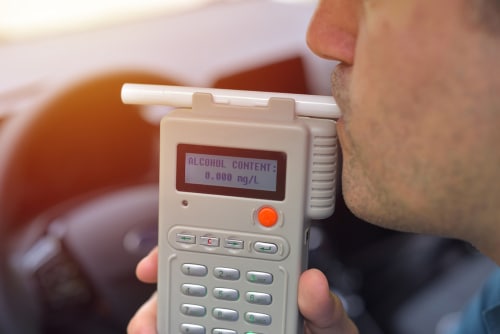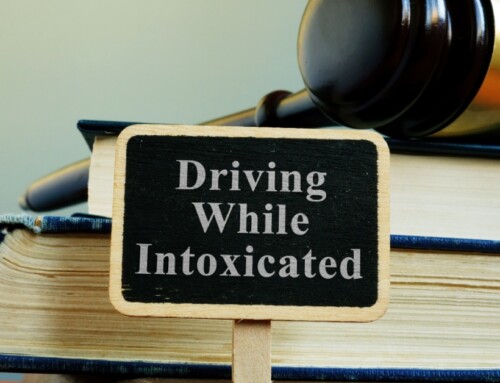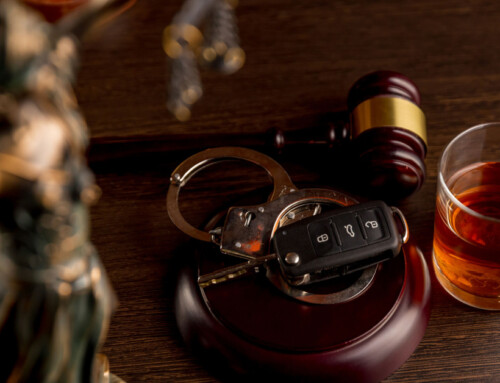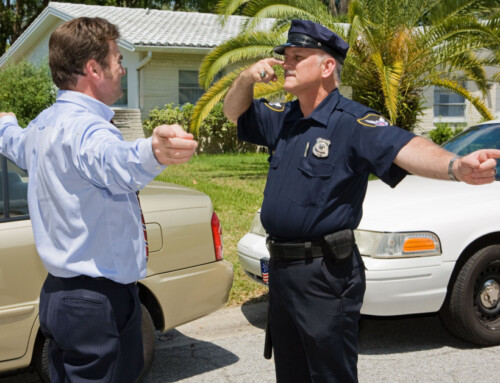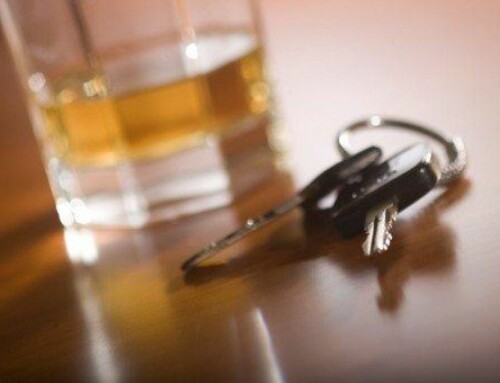If you are facing a DUI charge in South Carolina, prosecutors need to be able to prove your guilt beyond a reasonable doubt. If they don’t have clear evidence that you were drunk behind the wheel, they won’t be able to secure a conviction, and you are entitled to walk free.
So, what does it mean for your case if you refused a breath test during your DUI stop?
The consequences of refusing a breath test aren’t what many people think—at least not in South Carolina. While a blood alcohol concentration (BAC) reading can be strong evidence of guilt, it is ultimately just one form of evidence that prosecutors can use to prove guilt under South Carolina’s drunk driving statute.
South Carolina’s Drunk Driving Statute: Two Ways to Prove You Were Drunk Behind the Wheel
To understand how refusing a breath test impacts your DUI case in South Carolina (and how it doesn’t), we need to take a look at the statute. Crucially, the statute establishes two ways that prosecutors can prove you were drunk behind the wheel.
The first is by using your BAC reading. Under Section 56-5-2933 of the South Carolina Code of Laws, prosecutors can secure a conviction based on your BAC alone. This section of the law states:
“It is unlawful for a person to drive a motor vehicle within this State while his alcohol concentration is eight one-hundredths of one percent or more.”
So, if your BAC is over the legal limit, you are guilty under South Carolina law. Specifically, you are guilty of the offense of driving with an unlawful alcohol concentration (DUAC). Prosecutors don’t need to prove that your BAC impacted your ability to drive—they just need to prove that it was 0.08% or above.
The second way prosecutors can prove guilt in a drunk driving case is by presenting evidence of impairment. In this scenario, prosecutors don’t need evidence of your BAC. Under Section 56-5-2930 of the South Carolina Code of Laws:
“It is unlawful for a person to drive a motor vehicle within this State while under the influence of alcohol to the extent that the person’s faculties to drive a motor vehicle are materially and appreciably impaired . . . .”
This is the offense of “operating a motor vehicle while under the influence of alcohol,” which is commonly referred to as DUI. Prosecutors can use several forms of evidence (besides your BAC) to show that your driving abilities were “materially and appreciably” impaired. These include forms of evidence such as:
- Dash camera footage of your driving (i.e., footage showing you weaving, failing to maintain a consistent speed, or running a red light or stop sign)
- Dash camera footage of your traffic stop (i.e., footage showing you stumbling, vomiting, or being belligerent with the arresting officer)
- The arresting officer’s testimony regarding your slurred speech, bloodshot eyes, inability to communicate coherently, or admission of guilt
- Your performance on the field sobriety tests (as interpreted and conveyed by the arresting officer)
If you refuse the breath test, prosecutors can use this against you. This is due to a key provision in South Carolina’s “implied consent” statute, which states that “[a] person’s refusal may be used against the person in court.” So, even if prosecutors can’t present evidence of your BAC, they can present your refusal as evidence that you knew you were too drunk to drive and didn’t want the police to record your blood alcohol concentration.
DUI and DUAC Carry the Same Penalties in South Carolina
Another important fact to keep in mind is that DUI and DUAC carry the same penalties. As a result, prosecutors don’t care which offense they need to pursue—and they are happy to pursue whichever charge is easiest to prove. Even if you refuse a breath test, prosecutors may still have more than enough evidence to secure a conviction, and they will be more than happy to use your refusal against you.
If you refuse a breath test, prosecutors can also charge you with an “implied consent” violation. Under South Carolina’s “implied consent” law, you are legally required to submit to a breath test—as long as the police meet certain requirements during your traffic stop. If convicted of unlawfully refusing a breath test, you can lose your driver’s license for a minimum of six months unless you opt to have an ignition interlock device installed in each of your vehicles.
What Should You Do if You Refuse a Breath Test During Your Traffic Stop?
With all of this in mind, what should you do if you refuse a breath test during your traffic stop in South Carolina? At this point, you need to be very careful to protect yourself. If it isn’t already too late, you should:
1. Take Detailed Notes About Your Traffic Stop
Try to write down everything you can remember about your traffic stop. In particular, note what the arresting officer said about the breath test. For South Carolina’s “implied consent” law to apply, the arresting officer must inform you of certain rights. If this didn’t happen, you may have been entitled to refuse.
2. Make Sure You Make Your Court Date
When you get arrested for DUI, your initial court date will usually be scheduled within a few days. You need to make plans to appear in court on time. If you are facing an “implied consent” charge, you will also need to quickly request a hearing to protect your ability to drive.
3. Discuss Your Case with an Experienced DUI Defense Lawyer
To give yourself the best chance of avoiding unnecessary consequences, you should promptly discuss your case with an experienced DUI defense lawyer. While there are several ways to fight DUI and DUAC charges in South Carolina, you will need to work with an experienced lawyer to build an effective defense strategy based on the facts of your case.
Discuss Your Case with North Charleston DUI Defense Lawyer Rad S. Deaton
Did you refuse a breath test during your drunk driving arrest in North Charleston? If so, we encourage you to contact us promptly for more information. Call 843-225-5723 or request a free initial consultation online today.

